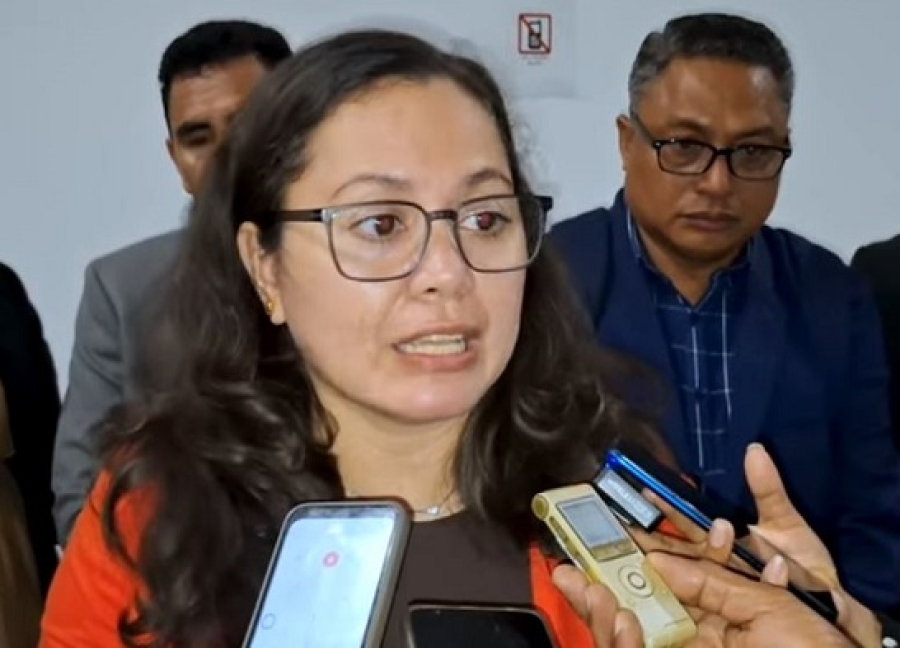Parliament has 15 days to have its first sitting.
Commentators closest to national parliament in Dili say the delay gives the three-party coalition time to work out its ministries and find a clear party direction that encompasses the inherent ideological differences of the parties. It also gives time for Dili to speculate on a Prime Minister.
To date party insiders have been torn between a return to power for former President and Prime Minister Xanana Gusmão, whose National Council for Timorese Reconstruction (CNRT) party led the victorious coalition, or that Gusmao will instead anoint former President and coalition senior Taur Matan Ruak into the role.
Ruak is leader of the new People’s Liberation Party, a grassroots development group that campaigned on the values of governmental transparency, putting it at odds with big-spending CNRT.
From 2007 to 2015, the government of Timor-Leste led by Gusmão spent $14 billion, and took out hundreds of millions of dollars worth of loans from international institutions such the World Bank and the Asian Development Bank, from the Japanese government, and from Chinese banks to pay for the projects, according to Jonas Guterres, a former advisor to the Office of Commissioner at Anti-Corruption Commission of Timor-Leste (CAC).
The World Bank reports that restricted government spending during the nine-month political deadlock contracted Timor-Leste’s GDP by 1.8%.
Insiders predict that the third coalition member, youth party Khunto, which pushed jobs for unemployed youth and has connections with martial arts group Korka, is unlikely to hold significant power in the busy coalition marriage.
Timor-Leste President Francisco “Lu Olo” Guterres said on Tuesday that he’s summoned AMP to give its Prime Minister nomination to him immediately after the June 13 parliamentary sitting.
Lu Olo said he has invited leaders from AMP, Fretilin, Democratic Party and Forum for Democracy and Development (FDD) party to discuss the nomination on 13-14 June and determine a date for official announcement.







